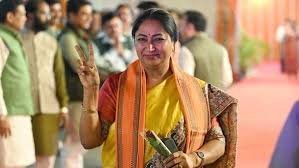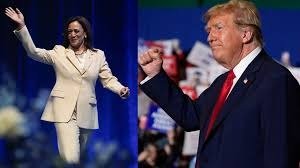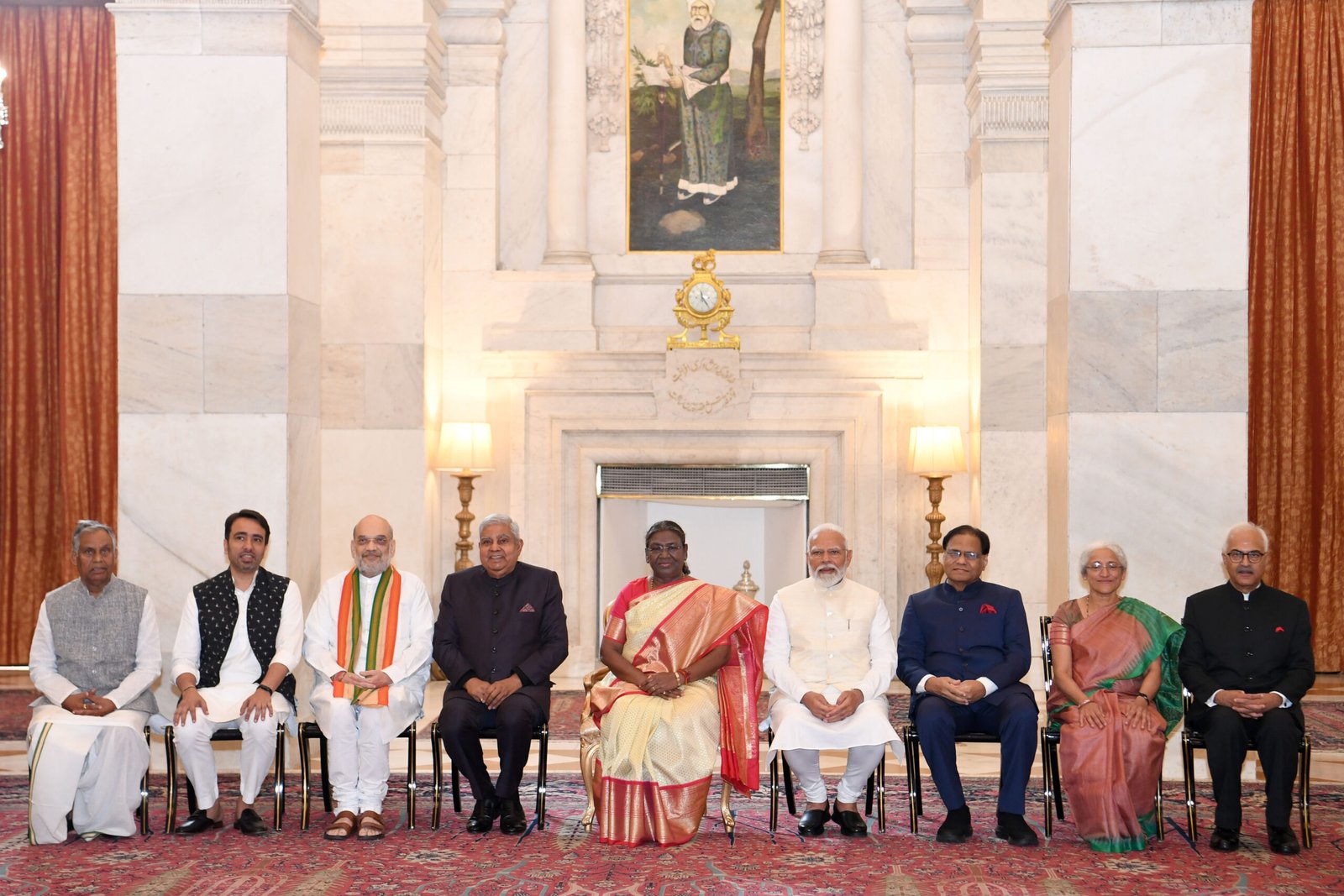By Adv C.K George, Former PTI Correspondent,
New Delhi :The need of the hour in the country is simultaneous polls. Opposition parties’ allegation that it would hurt federalism was baseless as it lacked evidentiary proof and hence a slapstick.
It is the time to remind the opponents of the simultaneous polls (one nation, one election) that it was in vogue in the country from 1952 to 1967 and it did not hurt federalism at all.
It had been made abundantly clear in the first article itself of the Constitution: “India, that is Bharat shall be a Union of States”. (Article 1(1).Indian States did not come to fold to complete the scheme of federalism.
Crass insensitivity , even ignorance among our top political leaders at the Centre and in the States about the basic philosophy of India’s Constitution and its background may well end up playing havoc with the country’s unity and integrity.
More such leaders are increasingly talking of India, as a “federal” polity and “federalism” to demand greater and greater autonomy. Nor many are aware today that the Constituent Assembly had rejected a motion seeking India as a “Federation of States”.
The constitutional experts had observed that federalism is more a “functional” than an “institutional” concept that any theory which asserts that there are certain inflexible characteristics without which a political system cannot be federal ignores the fact “ institutions are not the same things in different social and cultural environment”.
Sir Ivor Jennings, in his seminal work “Some Characteristics of the Indian Constitution” is, therefore justified in observing that – The machinery of government is essentially British and the whole collection of British constitutional conventions has apparently been incorporated as conventions.
In spite of opposition from political parties and many others in the civil society to the idea of simultaneous election, the Union Government has decided to accept the recommendations of a high-level committee headed by former President Ram Nath Kovind to go ahead with the scheme.
The committee envisaged simultaneous Lok Sabha and State assembly elections as the first step, followed by municipal and panchayat polls within 100 days of the general elections.
Reasons stated by the committee to introduce simultaneous are : to reduce the cost of conducting elections significantly, absence simultaneous election in the country has kept the political parties in prolonged campaign mood and considerable delay in execution of development projects following announcement of elections to the State Assemblies off and on.
It was a fact that the simultaneous polls were held in the country from 1952 to 1967, without any complaints of opposition parties that it was anti-federal.
The criticism of the opposition parties and others that the simultaneous polls would be anti-federal was no at all maintainable as India is a union of States and not a Federation of States as in the United States of America.
The simultaneous polls were rendered impossible in the country following the rapid growth of regional parties and consequent floor-crossing and toppling of ministries for the regional leaders’ nefarious interests. Hence floor-crossing of MPs and MLAs in the country became a rule rather than an exception.
The regional political parties found that floor crossing is a fertile device to assume power and no principle held by the legislators in crossing floor for attaining power. On the other side, the weakness of the national political parties and their inability to secure majority of their own in the concerned state legislatures, the art of floor-crossing boosted to a great extent and the Anti-Defection Act, 1985 (52 nd constitution Amendment Act, 1985) which came into force on March 01, 1985 became ineffective and remained a scare crow, because it allowed whole- sale defection (one third principle) and disallowed the individual defection. Hence it is a bad law.
It was strange that when an individual legislator defected, it was violation of the provisions of Anti-Defection Act and at the same time when one-third of the total legislators of the party defected , it was not the violation of the provisions of act. Whatever may be the ideological veneer, the defection remained defection and violation of the provision of the Anti-Defection Act.
For the introduction of the simultaneous polls, it was essential to revoke the Anti-Defection Act as it is a bad law with view to avoiding defection and toppling of ministries occurred in the country off and on.
The appropriate authorities should take an undertaking/affidavit from the elected MPs and MLAs /MLCs stating that they should not change their loyalties to the political party which he/she represented for five years or till the end of the term. It should also be stated in the undertaking /affidavit, if he or she changed loyalty before the expiry of the legislature, he would automatically be ceased as a member of the Lok Sabha or the state Assembly. The concerned Returning Officers should take an undertaking stating above before issuing certificate of victory in the election.
The political parties should take a decision that no defected legislator would be admitted to their parties It would remove defection and toppling of ministries as part of power gambling.
There is no reports of defection and toppling of ministries in the USA, European Union and other democratic countries in the world. It is only in India. Hence it is high time to stop it.





